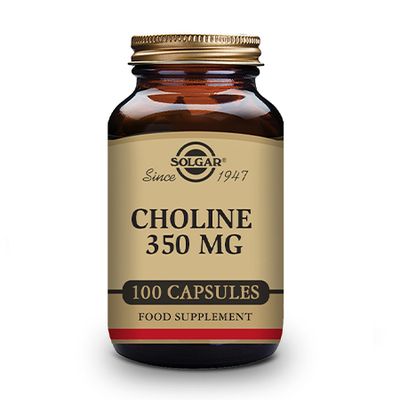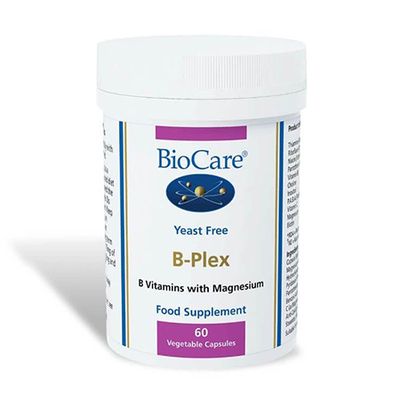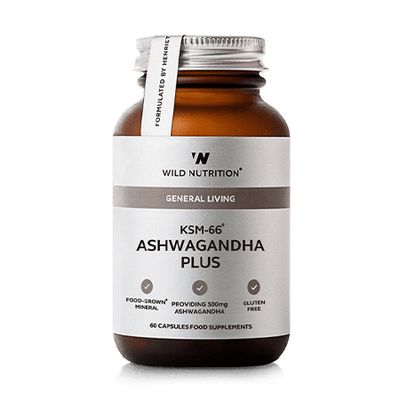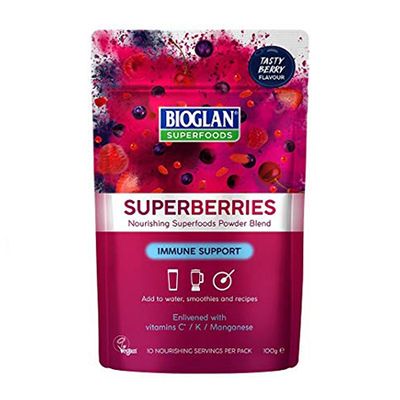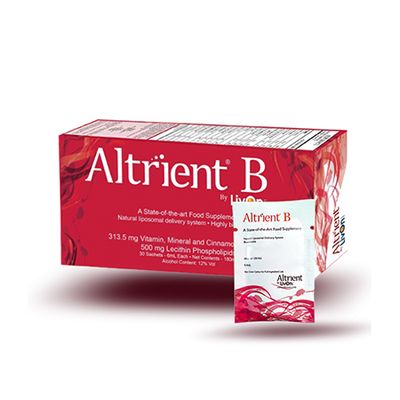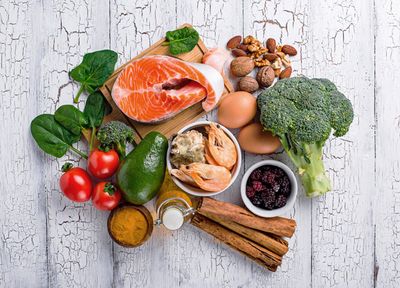
What To Eat To Boost Your Productivity
Up Your B Vitamins
“Stress and anxiety are common among men in the workplace and this can lead to a rapid depletion of B vitamins, which are involved in energy metabolism. Low energy can make it difficult to focus and concentrate on daily tasks, so be sure to eat plenty of wholegrains, beans, pulses, nuts and seeds, which are all great sources of B vitamins.” – Rob Hobson, consultant nutritionist for Detox Kitchen
Stock Up On The Good Stuff
“We all know that if we eat well, we perform better. Keeping your blood glucose levels as stable as possible can help. Try to avoid carb-heavy wraps and sandwiches at lunch; instead opt for meals with lean protein and veggies where possible. It pays to be organised too: if you can meal prep that is great, but even stocking up on healthy snacks for the office, such as nuts and fruit, is a great first step.” – Giles Humphries, founder of Mindful Chef
Snack On Pumpkin Seeds
“Pumpkin seeds are a nutritional powerhouse. They are packed with zinc, which is crucial for optimal nerve signalling, as well as iron – low levels of which are associated with fatigue and brain fog. Add a handful to salads and soups or snack on plain, unsalted varieties throughout the day.” – Rob
Stay Hydrated
“When it comes to concentration, drinking enough water is just as important as what you eat. I keep a litre bottle on my desk and make sure it’s constantly topped up throughout the day. The brain is extremely sensitive to even the smallest of changes in the amounts of ions like sodium and potassium found in your body’s fluids. When you’re mildly dehydrated, you’re more likely to have headaches and have difficulty concentrating. In fact, a recent study found drinking 300ml of water can boost attention by up to 25%.” – Giles
Eat More Oily Fish
“Oily fish, such as salmon, sardine, trout and mackerel, feeds our brain with essential fats in the form of omega-3s. Research shows omega-3s make it easier for signals to cross the gap between brain cells, which literally means your brain can work faster. If you don’t like fish or are vegan, it’s worth taking a supplement – vegans can get omega-3s from flaxseed, chia seeds and walnuts. If you aren’t vegan, keep an eye out for an omega-3 supplement that’s sustainable and ethically sourced.” – Lorna Driver-Davies, nutritional therapist at Wild Nutrition
Aim For Complex Carbs
“Complex carbs – think brown rice, wholemeal bread, quinoa and oats – are a must for slow-release energy. Simple sugars (i.e. white carbs) give you a quick fix of energy, which might be good if you have an imminent deadline, but you’ll end up crashing later. If you have a long slog of work ahead, complex carbs will guarantee consistent focus.” – Lorna
Boost Blood Flow
“I always tell my clients to add chilli, black pepper and ginger to their meals when they want to feel more alert, as they all boost blood circulation, which can help you feel more in the zone.” – Lorna
Look To Choline
“Helping to transfer signals between nerve cells, choline is a must for a healthy brain. In fact, a choline deficiency can result in poor concentration, memory and mood changes as well as other cognitive impairments. Our bodies can only make a small amount of choline, so adding it through the diet is key – you’ll find it in foods like peanut butter, salmon, cod, cauliflower, beef and egg yolks.” – Lorna
Increase Antioxidants
“Flavonoids are plant-derived compounds that have antioxidant properties. They scavenge harmful toxic waste in the body called free radicals, which can damage brain cells and DNA through a process called oxidation, which contributes to brain fog-related symptoms. Fruits like grapes, pomegranates, strawberries and blueberries have been shown to improve memory retention.” – Rob
Snack The Right Way
“Snacking can be helpful when trying to boost concentration, but snacking can come from not eating well-rounded main meals, so check whether your breakfast and lunch are providing you with enough nutrition for optimum brain power. If you feel you need a snack, combine healthy fats with protein and potentially some slow-burning carbs – nuts, seeds and berries are a great combination.” – Lorna
Try Adaptogens
“In my opinion, ashwagandha is the ultimate supplement for memory and an improved attention span. It’s also clinically proven to support the body’s response to stress and reduces levels of the stress hormone cortisol, in turn boosting cognitive function and focus. If you feel like you’re juggling lots of plates and struggle with concentration, this is one to try.” – Lorna
Sharpen your mind and boost brain power with our pick of the best supplements…
DISCLAIMER: We endeavour to always credit the correct original source of every image we use. If you think a credit may be incorrect, please contact us at [email protected].
